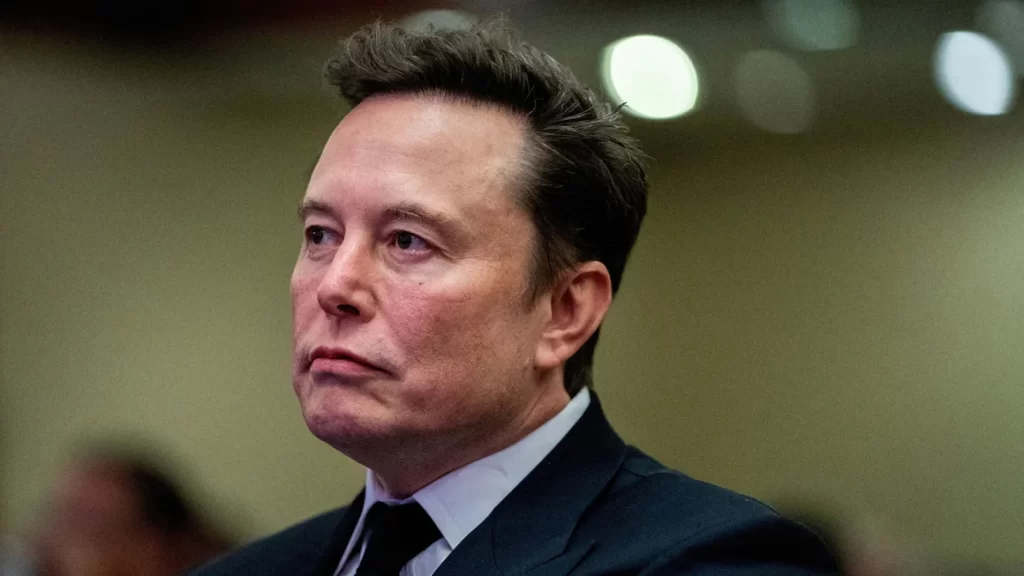Elon Musk’s social media platform, X, is intervening in the bankruptcy proceedings surrounding Alex Jones’ Infowars, marking an unprecedented move in the realm of social media law. This is believed to be the first time a social media company has directly entered a legal dispute concerning account ownership.
Jones’ parent company, Free Speech Systems, which owns Infowars, recently faced an auction to help cover part of the nearly $1.5 billion he owes to the families of Sandy Hook shooting victims, after being found guilty of defamation. The satirical news site The Onion won the auction, supported by some of the victim families, with a seven-figure bid. However, Jones and his allies are challenging the sale in court.
The sale includes Infowars’ website, studio equipment, an online dietary supplement store, and its social media accounts, which have millions of followers.
While social media platforms have traditionally left account ownership disputes to the courts, X is stepping in, objecting to the inclusion of Jones and Infowars’ X accounts in the sale. According to a filing in a Texas bankruptcy court, X’s legal team states that while they don’t oppose the overall sale of Free Speech Systems, they object to any sale or transfer of accounts associated with Jones or the company on their platform, X.
X’s terms of service specify that accounts cannot be sold, and are ultimately owned by X, which is why the company is intervening. This level of intervention is unusual, as most social media platforms quietly enforce their terms of service without involving themselves in public legal battles. Eric Goldman, a tech law professor at Santa Clara University, explains that social media companies are typically cautious about stepping into such disputes to avoid discouraging users from heavily investing in their accounts.
Experts point out that Musk’s intervention may be driven by both political motives and the desire to set a legal precedent for high-profile account ownership disputes. Toby Butterfield, a professor at Columbia Law School, notes that Musk and X are flexing their legal muscle in a new and assertive way, demonstrating that the platform is Musk’s domain, where he can control the actions of the platform as he sees fit.
Musk’s history of taking control of accounts, such as threatening NPR and seizing accounts linked to political causes, shows his willingness to wield power over the platform. Experts also warn that such actions could undermine the value users place on their accounts, potentially shifting the platform from a space for free exchange of ideas to an individual’s personal plaything.



